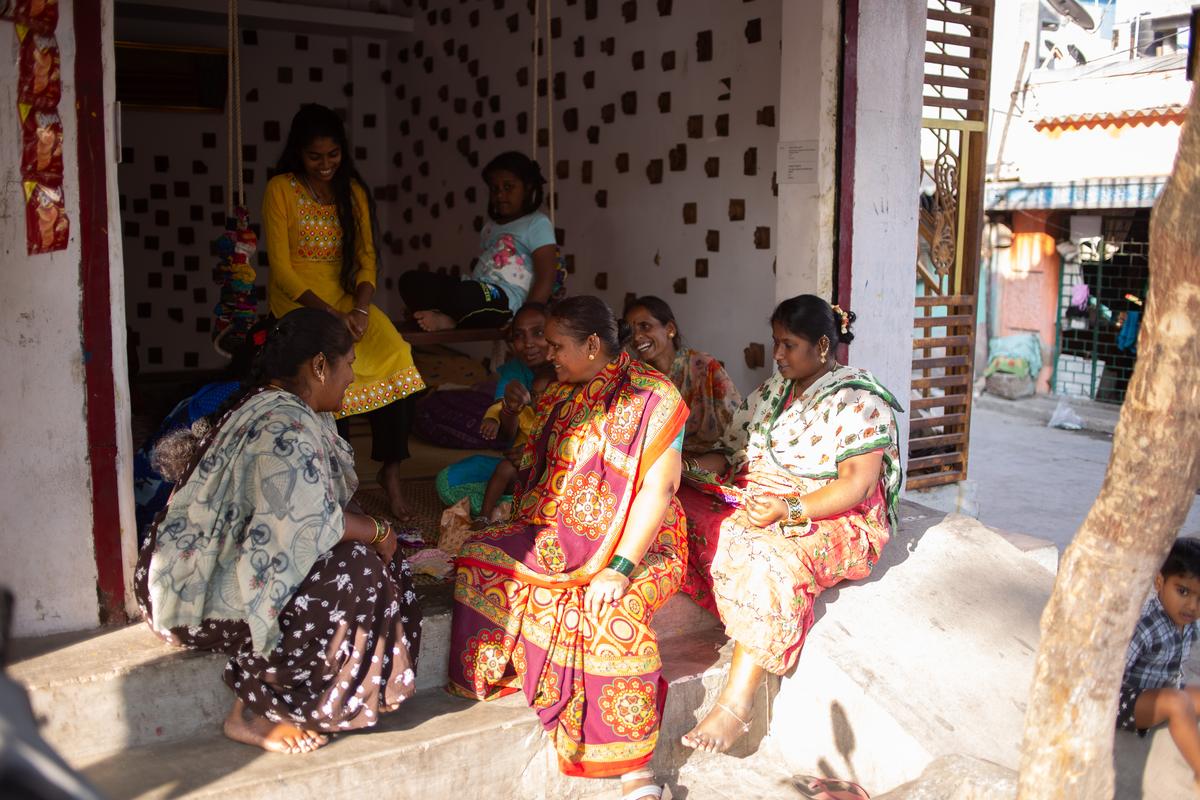The Aston Martin Vanquish stands as a pinnacle of automotive craftsmanship, blending breathtaking design with exhilarating performance. Limited to just 1,000 units globally, this exclusive grand tourer is a statement of luxury and power. While the exact number allocated for India remains unknown, it is expected to be in single digits, given its significant price tag.
The exterior of the Vanquish is a seamless blend of artistry and aerodynamics. Aston Martin’s signature design language is evident in its sculpted lines. A lightweight yet strong chassis and bespoke finishes elevate its exclusivity. The vehicle exudes timeless elegance while maintaining an unmistakable sporting character.

Interiors of Aston Martin Vanquish
| Photo Credit:
Special Arrangement
Under the hood, the Vanquish houses a formidable 5.2-litre twin-turbo V12 engine with water-to-air charge cooling, delivering an astonishing 835PS at 6,500rpm and 1,000Nm of torque at 2,500 – 5,000rpm. This powerhouse is paired with an advanced eight-speed automatic transmission, ensuring rapid yet smooth gear shifts. The Vanquish is capable of sprinting from 0-100 km/h in 3.3 seconds, with a top speed of 345kmph. Precision engineering ensures that every aspect, from acceleration to handling, is finely tuned for performance enthusiasts. The advanced suspension system and state-of-the-art transmission provide a balance between comfort and high-speed agility, making it a true grand tourer.
Step inside, and the Vanquish reveals an interior that embodies luxury and sophistication. The cabin is a masterclass in opulence, featuring premium hand-stitched leather, carbon fibre accents, and an intuitive driver-focused cockpit. The infotainment system is equipped with a high-resolution touchscreen, offering seamless smartphone connectivity via Apple CarPlay and Android Auto. A premium sound system, customisable ambient lighting, and advanced driver assistance features further enhance the experience. The ergonomic seats, crafted for both comfort and support, ensure long-distance journeys remain effortless. The Vanquish also offers advanced climate control, digital instrumentation, and a suite of connectivity features, making every drive an immersive experience.

Aston Martin Vanquish
| Photo Credit:
Special Arrangement
With only 1,000 units available worldwide, the Aston Martin Vanquish is more than just a car — it is a collector’s dream, a rare fusion of art and engineering that exemplifies the brand’s storied legacy. For Indian enthusiasts, securing one will be an extraordinary feat, making each unit in the country an ultra-rare automotive treasure.
The Aston Martin Vanquish is an extraordinary machine that represents the pinnacle of British automotive excellence. With its breathtaking design, exhilarating performance, and ultra-exclusive status, it stands as a testament to the brand’s commitment to craftsmanship and innovation. Whether admired from afar or experienced on the road, the Vanquish remains a symbol of luxury and performance that few will ever have the privilege to own.
The Aston Martin Vanquish carries a hefty price tag of ₹8.85 crore, making it one exclusive purchase!
Motorscribes, in association with The Hindu, brings you the latest in cars and bikes. Follow them on Instagram on @motorscribes
Published – March 25, 2025 05:22 pm IST

























